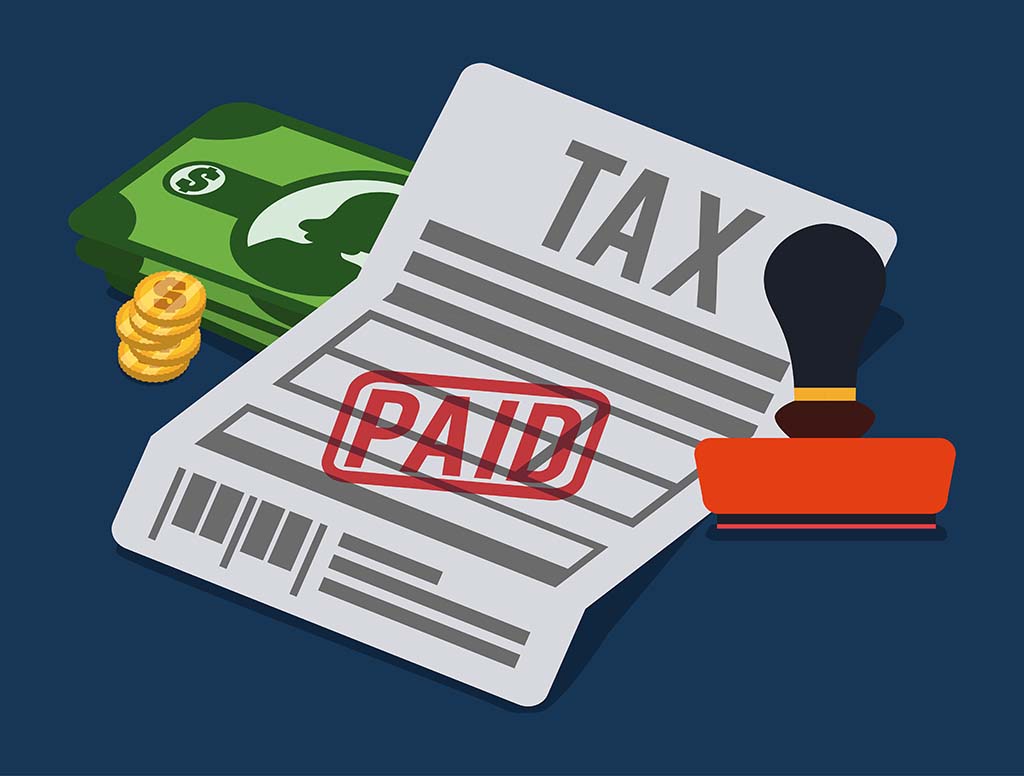- 1. What’s the difference between a sole proprietor and a limited liability company (LLC)?
- 2. Do I pay my taxes annually or quarterly?
- 3. When is a company required to issue me a 1099?
- 4. What taxes am I required to pay?
- 5. What deductions can I claim?
- 6. When do I report income that was earned in a different year than it was paid?
- 7. What materials do I need to do my taxes?
- 8. How do I deduct mileage?
- 9. Do I have to files taxes for “under-the-table” income?

Ah taxes. They led to the arrest of Al Capone. They had a little something to do with the Revolutionary War. They keep the Swiss banks in business.
They’re also a thorn in the side of every freelancer.
Unlike full-time employees, we freelancers have to do our own taxes – a process that can easily become overwhelming. 1099s and 1040s haunt our dreams. Expenses and deductions taunt us with their complexity. While we may have gotten into the freelance game for the autonomy, I doubt most of us would protest if someone else stepped in to handle things.
But not everyone can afford to hire an accountant, so to help you navigate the choppy waters of DIY tax filing, here are nine tax questions frequently asked by freelancers.
1. What’s the difference between a sole proprietor and a limited liability company (LLC)?
As a sole proprietor, there is no legal distinction between you as an individual and you as a business entity. To become a sole proprietor, you don’t have to register as an entity with the state, you’re not required to file annual reports to maintain legal status, and there are no accounting requirements to fulfill. All you really need to do is check the box on your W-9.
As a single-member LLC, there is a distinction between you as an individual and you as a business entity. To become a single-member LLC, you do need to register your business entity with the state. You’re also required to submit articles of organization and pay a filing fee, which varies in amount from state to state.
Although a single-member LLC requires more paperwork and startup costs than a sole proprietor, as an LLC, the business owner is not liable for business debts.
2. Do I pay my taxes annually or quarterly?
It’s up to you, but …
In order to pay taxes annually, you must prepay your tax liability up to 90 percent. Otherwise, you must pay your taxes quarterly. Quarterly taxes are due on:
April 15 (for income earned between Jan. 1 and March 31)
June 15 (for income earned between April 1 between May 31)
September 15 (for income earned between June 1 and Aug. 31)
January 15 (for income earned between Sept. 1 and Dec. 31)
3. When is a company required to issue me a 1099?
When hired by a company for freelance work, you’re considered an independent contractor, and a company is required to issue independent contractors a 1099 only if the contractor earns more than 600, the company may not bother with the 1099.
However, you’re still required to file those earnings yourself. We’ll discuss this more later.
4. What taxes am I required to pay?
Like full-time employees, freelancers also have to pay income, Social Security, and Medicare taxes. Unfortunately, if you make more than $400 a year from freelancing, you’re also required to pay self-employment tax, which can be applied to 92.35 percent of your net earnings. Booo!
5. What deductions can I claim?
A lot. As a freelancer, the general rule of thumb is that you can deduct any expense that is used in the service of your business. This includes, but is not limited to:
- Office supplies
- Internet bill
- Rent or mortgage
- Travel expenses (airfare, hotel, taxi service, parking, public transportation)
- Marketing materials (business cards, brochures, online ads)
- Computer software (Microsoft Office, Adobe Suite)
- Professional fees (lawyer, accountant, bookkeeping)
- Health insurance premiums
- Meals
- Website hosting fees
This is exciting news, but it’s important to understand that in order to claim these deductions, you must apportion the expenses accordingly. For example, if you use your home internet for business and personal use, you need to determine what percentage of that internet usage is for business, and what percentage is for personal. If it’s 50/50, then you can deduct half the cost of your internet bill.
6. When do I report income that was earned in a different year than it was paid?
You always report income in the year it was paid, regardless of the year it was earned.
For example, let’s say you completed a project for a client in December, 2015, but weren’t paid for that project until January, 2016. You would report the income as 2016 income.
7. What materials do I need to do my taxes?
Freelancers need to provide a record of all income received for that year. 1099s will cover much of this, but it typically won’t cover everything. In lieu of a 1099, you can include invoices, a list of checks, or a record of cash and credit card money.
To back up your deductions, you should include receipts, bills, or credit card statements.
8. How do I deduct mileage?
As of 2015, you’re eligible to deduct up to 57.5 cents per mile for business-related trips. The most efficient way to deduct this mileage is to keep a log of your total mileage, annotating each trip with the date, destination, and trip purpose.
You’re also allowed to deduct the cost of gas. This method of deduction is called “actual expense.”
9. Do I have to files taxes for “under-the-table” income?
Yep. The IRS requires you to self-report all income on Schedule C, regardless of payment method.
This includes:
-
That hundred bucks your buddy sent you via PayPal after you helped him build his website.
-
That check you got for selling your beer bottle collection on Craigslist.
-
That stack of twenties given to you by a guy living in a tree house after you helped build said tree house.
I know what you’re thinking: What are the chances that the IRS is going to audit me? While they might be low, if you do happen to get audited, the IRS is comin’ for that treehouse money.
 Joshua Kraus
Joshua KrausJosh Kraus is a Chicago-born, Denver-based writer and mediocre autobiographist with an interest in art, entrepreneurship, and emerging industries. When he's not writing, he attends to his t-shirt business, Bird Fur. Find him at joshkra.us and birdfurtees.com.


